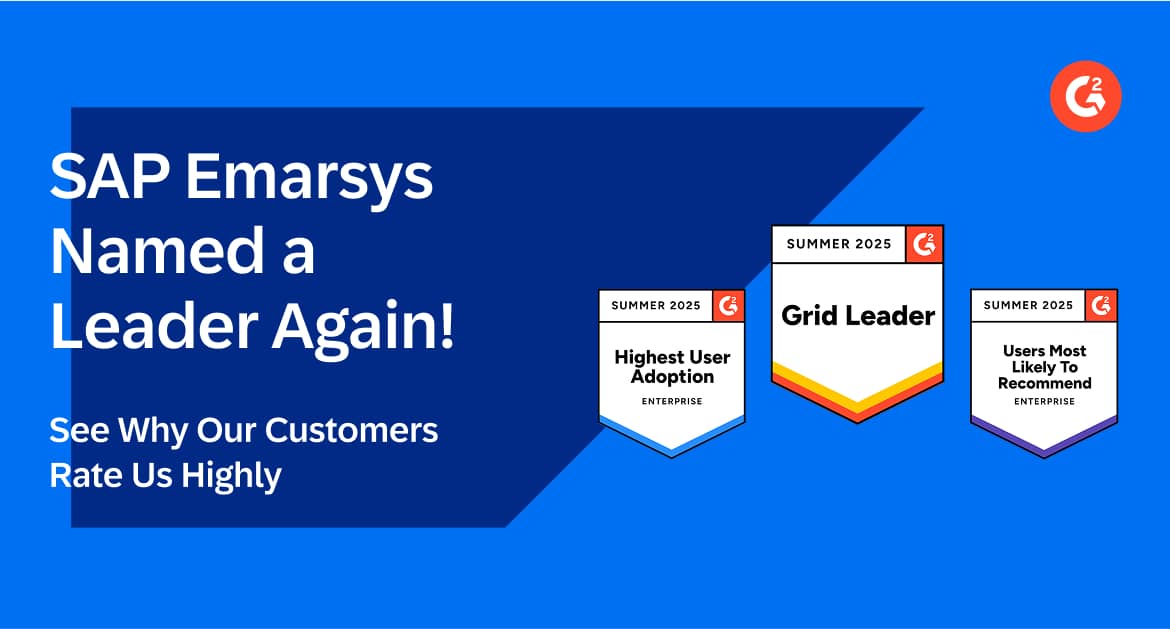Finding the best marketing technology to meet the specific needs of your business can be very difficult. Naturally, MarTech vendors want your business, so they’ll find a way to make their technology work for you.
According to Gartner, 33% of marketing budgets go to technology. With this, marketing leaders can demonstrate how technologies and automation help increase productivity, implement more successful marketing tactics, and boost results.
To avoid making uninformed or impulsive decisions about your marketing technology, we recommend asking yourself a few questions to objectively verify the most suitable contenders.
1. What’s the challenge I’m trying to solve?
Before thinking about marketing technology providers, you must answer this question. Even the best marketing technology can’t help you if you haven’t clearly defined what you truly need.
One of the most common problems we regularly hear from our customers is that their first-time buyers don’t return to make additional subsequent purchases. If this is a challenge your company faces, ask yourself how can you leverage marketing technology to improve customer retention.
2. What data can the technology capture?
Once you’ve confirmed why you’re investing in marketing technology, focus on how exactly it will help you overcome obstacles. For example, how will it not only collect, but also go on to apply data? Technology will base its customer analysis and automation on the data it collects, so it’s important to make the platform you chose can collect the data you want, help you analyze, and empower you to make smart decisions.
For example, do you want transactional data (real-time updates of your customers’ paths to purchase)? Or, do you want behavioral data (to see how your customers engage with your brand, and what makes them tick)? If you’re like most marketers, you probably want both. So be sure any technology you chose helps you combine these two types of data into actionable insights.
It’s also important to anticipate the cons. Is there anyway the data capture method will negatively affect your marketing, slow down your website, or violate privacy concerns? It’s easy to get excited about what your new technology will do and forget to step back and ask yourself what complexities or even new challenges it could introduce.
3. How user-friendly and integrated is the technology?
Your team will use this every day, so if it isn’t intuitive to use, you’re either going to avoid using it or end up wasting valuable time and budget partnering with an expert who can. Be sure to look for key indicators of a positive user experience in all marketing technology up for consideration:
- Integration with other technologies: If you’re an online retailer, it’s likely you use Magento, or something similar, as your ecommerce platform. It’s important to be sure your web platform can talk to your customer intelligence/analytical tools or other software. A lot of suppliers use third party technology to add value to their offer, and if it’s the best technology around, that makes sense. But if they’re using other technologies, they must work seamlessly with one another. If you have to log into many platforms, or manually upload data from one to another, the experience will be arduous and confusing.
- User interface: How easy are the metrics to understand? Are the analytics visual and easily explained to others? To ensure the technology is easy to use, ask if the technologies act as a unified system, or if they are separate products branded as one. Just because different platforms and solutions are packaged up and sold together, doesn’t always mean they will work together seamlessly. Be careful in your evaluation of such technologies.
4. How much is it and what’s the estimated return on investment?
Marketing technology typically requires significant time and money. Be sure it is going to be worth the investment. Clearly communicate with the provider what you hope to get out of the platform and look to them to help you understand what to expect. Whether your goals are clearly quantifiable in terms of revenue or lead generation or more intangible and qualitative like reduced stress and increased effectiveness and efficiency among your team – it’s important to have explicit objectives and a plan for achieving ROI when entering into a new MarTech partnership.
Final Thoughts
Don’t forget – the cheapest option isn’t always the best – and neither is the most expensive! What matters most is finding a solution that works for you and your marketing team.
Our marketing automation technology allows you to run all aspects of your marketing strategy with ease. Learn more today!
Related Articles:











